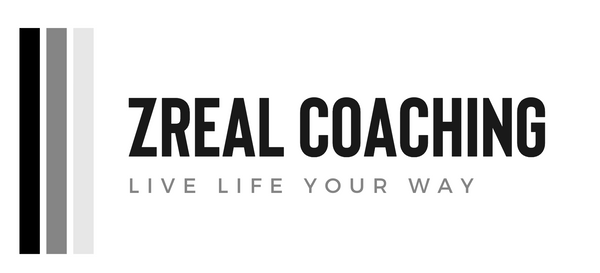
The Price of Avoidance: Why Running From the Truth Destroys You
Avoidance feels like safety. It’s the wall built between the mind and a reality too ugly to face. It’s the quiet deal made with yourself: If I don’t look at it, I don’t have to feel it.
But here’s the cost — what you avoid doesn’t disappear. It festers. It becomes a ghost that haunts you in the background, shaping your choices, draining your energy, eating at your peace. And no matter how far you run, the truth sits there, waiting.
Why People Avoid the Truth
Avoidance isn’t weakness. It’s survival mode. When a truth feels too terrifying, too destabilizing, the mind says, Not now. Too much.
People avoid because:
-
Facing the truth could shatter the image of family, identity, or stability they’ve clung to.
-
Looking at it means admitting things they can’t un-know.
-
Acknowledging it means responsibility might follow — responsibility to act, to change, to confront.
-
It feels safer to keep the illusion than to risk the fallout.
Avoidance protects in the short-term. But long-term, it poisons.
The Trap of Avoidance
Avoidance tricks you into believing you’re in control. But really, it controls you.
-
The weight never lifts. You carry the secret like a stone in your chest.
-
The fear multiplies. The longer you avoid, the scarier the truth becomes in your mind.
-
Peace never comes. Because peace doesn’t come from hiding — it comes from honesty.
Silence and denial don’t heal. They prolong the wound.
Why Facing It Matters
To face reality is terrifying, yes — but it’s also the only path to freedom. Avoidance keeps you chained to the very thing you’re running from.
Facing it means:
-
You stop lying to yourself.
-
You stop letting fear dictate your choices.
-
You start living from truth, not illusion.
Courage isn’t the absence of fear. It’s looking fear in the eye and saying, You don’t get to own me anymore.
The First Step Is the Hardest
Opening the door to what you’ve avoided feels impossible. Your body might resist, your mind might scream Don’t go there. But here’s the thing: once the door is cracked open, the grip loosens. Step by step, the unbearable becomes bearable.
Facing it doesn’t mean you have all the answers, or that you know exactly what to do. It means you stop pretending it isn’t real. That’s the first and most crucial step.
You Cannot Control Others — Only Yourself
The hardest truth about facing family pain is this: you cannot control anyone else’s behavior. You can’t rewrite the past. You can’t fix choices you didn’t make.
What you can do is decide how much power those choices will have over your future. You can set boundaries. You can choose distance. You can decide to live in truth instead of illusion.
The Freedom That Comes After
When you finally face what’s been avoided, something changes. The fear loses its edge. The shame loses its bite. And what’s left is clarity — painful, yes, but clean.
From there, healing begins. Because you can’t heal what you refuse to name.
✨ Final Word
Avoidance feels like safety, but it’s really a slow self-destruction. The only way to peace is through the truth — even when it’s brutal, even when it wrecks the image of what family “should” be.
The first step is the hardest. But the rest? The rest is freedom.
